Why Supermarket Olive Oil Often Falls Short in Quality
Olive oil is hailed as one of the healthiest and most versatile kitchen staples. However, not all olive oil is created equal, and much of what you find on supermarket shelves doesn’t live up to the reputation of high-quality, authentic Extra Virgin Olive Oil (EVOO). In fact, many supermarket options may lack flavor, freshness, and nutritional value. Here’s why olive oil from the supermarket often falls short—Understanding the difference between Extra Virgin Olive Oils and Olive Oil.
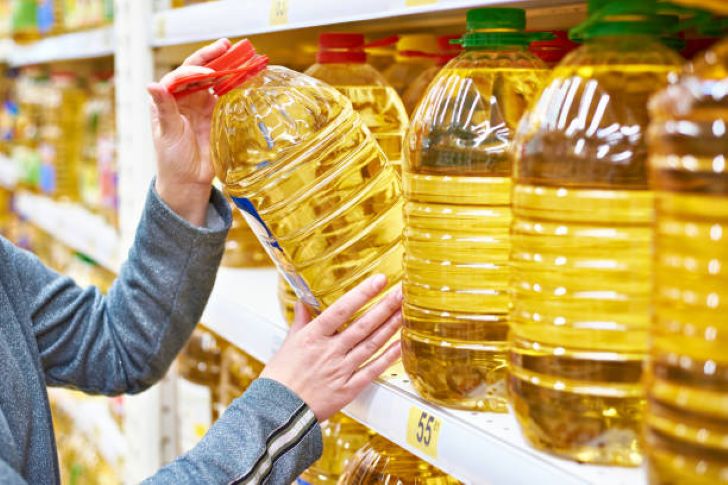
1. Compromised Freshness
Olive oil is perishable, and its flavor deteriorates over time. Many bottles in supermarkets are:
- Old Stock: Some have sat on shelves for months or even years. Freshness is crucial for both taste and nutritional benefits, but many brands do not display a harvest date, making it hard to gauge how fresh the product is.
- Improper Storage: Exposure to heat and light accelerates oxidation, yet many stores display olive oil under bright lights or near heat sources, further degrading its quality.
2. Deceptive Labeling Practices
Supermarket olive oils often bear misleading labels:
- “Extra Virgin” Claims: Not all oils labeled “extra virgin” meet the stringent chemical and sensory requirements for this classification. Some are refined or blended with lower-grade oils, diluting quality.
- Lack of Transparency: Terms like “pure,” “light,” or “natural” sound appealing but have no bearing on quality.
- Misleading Origins: Many bottles labeled with Italian, Spanish, or Greek imagery may contain oils blended from multiple countries, with little traceability or authenticity.
3. Inferior Production Methods
High-quality EVOO is made using mechanical extraction at low temperatures, preserving its flavor and nutrients. Supermarket oils often fall short due to:
- Overripe or Low-Quality Olives: These may be used in mass production, resulting in bland or defective flavors.
- Chemical Refining: Some supermarket oils undergo refining to neutralize off-flavors, stripping away beneficial polyphenols and antioxidants in the process.
4. Compromised Flavor and Aroma
Authentic EVOO should have a robust, complex flavor profile with notes of fruitiness, bitterness, and pepperiness. In contrast, many supermarket varieties are:
- Flat and Bland: Mass-produced oils often lack the distinctive, vibrant flavors of high-quality olive oil.
- Rancid: Poor storage and long shelf lives can lead to oils that taste stale or have unpleasant odors.
5. Limited Regulations and Oversight
The olive oil industry faces challenges with quality control. Despite efforts to improve standards, fraudulent practices persist, particularly in large-scale production. Some supermarket oils have been found to be falsely labeled as EVOO, failing to meet international quality standards.
What to Look for When Buying Olive Oil
1. Prioritize Freshness
- Look for a harvest date on the label and choose oils less than 12-18 months old.
- Prefer oils in dark glass bottles or tins to protect from light damage.
2. Check for Certifications
- Seek seals from reputable organizations like PDO (Protected Designation of Origin) or COOC (California Olive Oil Council) for assurance of authenticity.
3. Know Your Producer
- Whenever possible, buy directly from trusted producers or specialty stores that prioritize quality and transparency.
4. Taste Before You Commit
- If available, sample oils to assess flavor and aroma before purchasing.
Conclusion
Supermarket olive oil may be convenient, but it’s often a compromise on quality. By understanding the challenges of mass-produced olive oil and recognizing Extra Virgin Olive Oil, you can ensure that your kitchen is stocked with flavorful, fresh, and authentic EVOO that enhances your cooking and supports your health. Seek out small-batch producers or specialty markets for the best experience—and leave the lackluster supermarket oils behind.

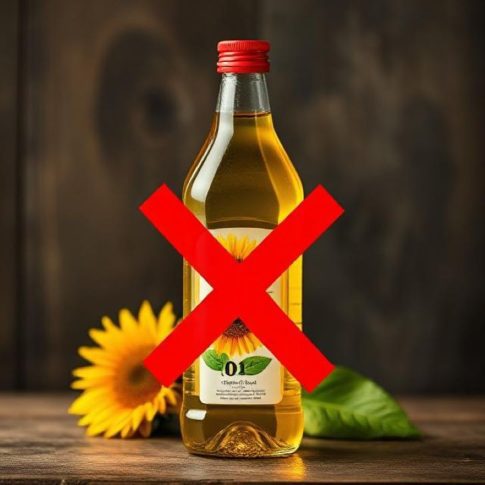
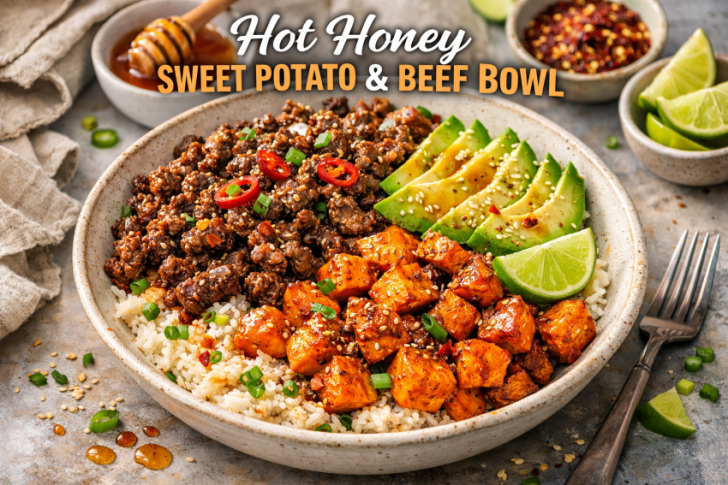
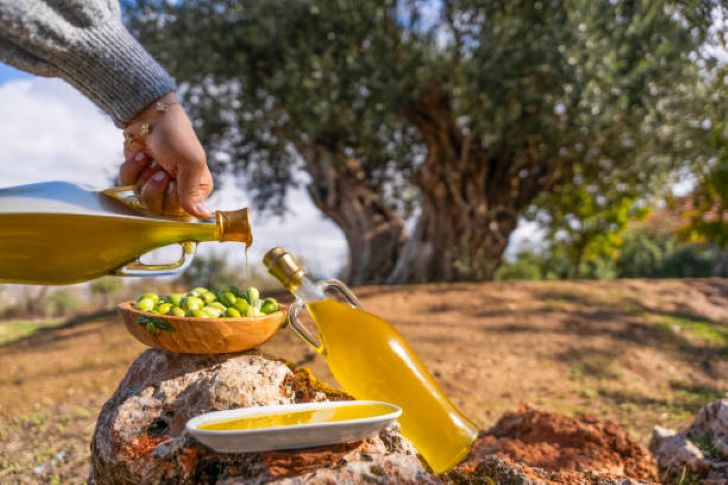
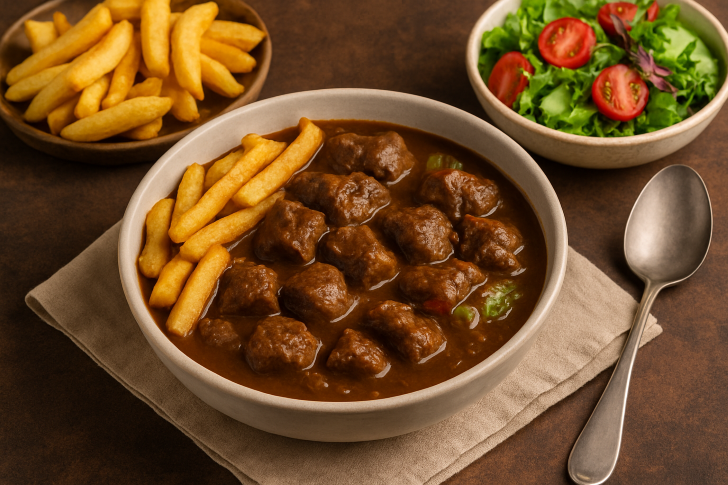
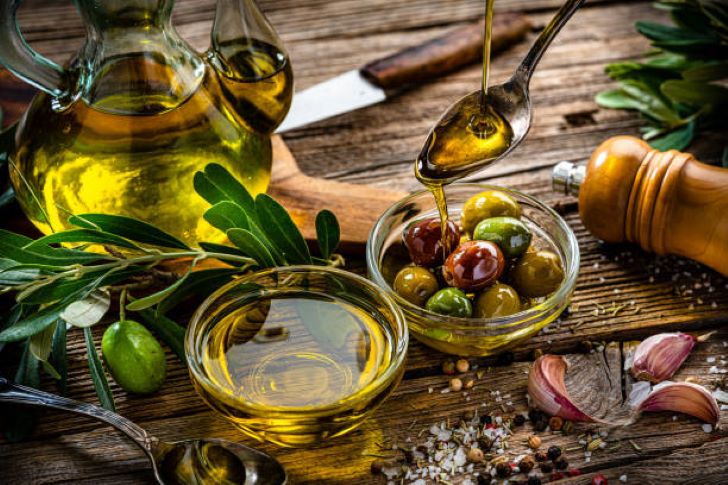
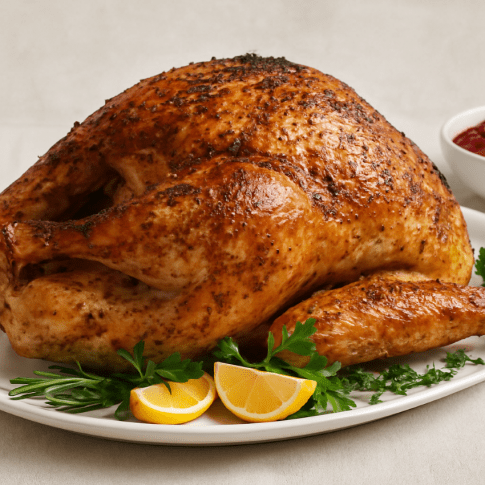
One Comment